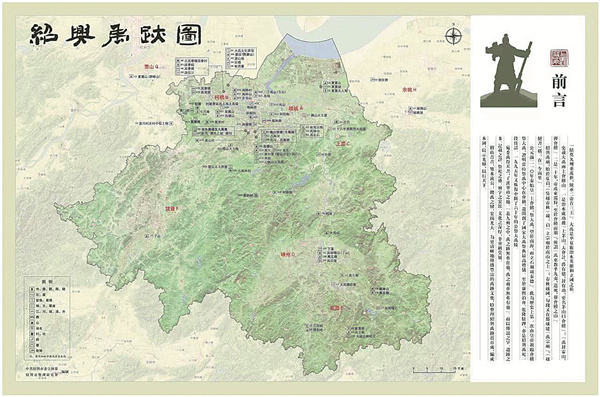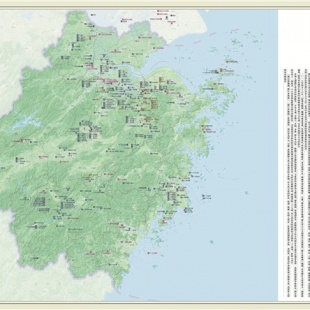Voice of sage of the ages echoes down the centuries


In this time, it is said, his wife, eagerly awaiting his return month in and month out, could not help but utter in increasing frustration,"Oh, I am waiting for him." This single line, some experts say, is the first poem composed by a female writer in China.
"Yu is a cultural totem of perseverance and struggle for the Chinese nation in the face of difficulties," says Tan Xuming, head of the Water History Committee of the Chinese Hydraulic Engineering Society.
Over time Yuji, or the traces of Yu, have become an integral part of society and culture. "They are a moral symbol to encourage the Chinese people to bravely fight natural disasters and work together in times of trouble," Tan says. "Yu and his stories serve as a spiritual bond that has linked the Chinese people throughout history."
They do more than connect Chinese people; they have a deep influence on other East Asian countries too, Japan and South Korea in particular, where many Yuji, or traces of Yu, can be found. For example, in Japan, more than 150 such traces have been documented.
With the publication of the Chinese version of the two maps of traces of Yu in Japan and South Korea on the same day as Zhongguo Yuji Tu, a map covering the whole of East Asia is expected to be published in the near future.
"As in China, the stories of Yu have taken deep root among Japanese and Koreans," says He Junjie, director of the Shaoxing Municipal Bureau of Culture and Tourism. "The ancient sage helped with flood control during his time, and now he is helping strengthen cultural exchanges between different nations."



































